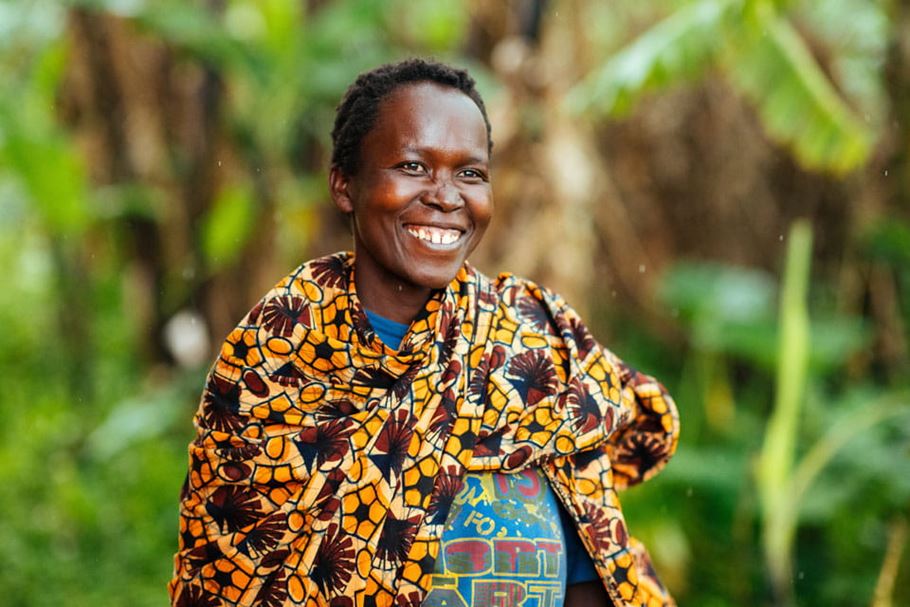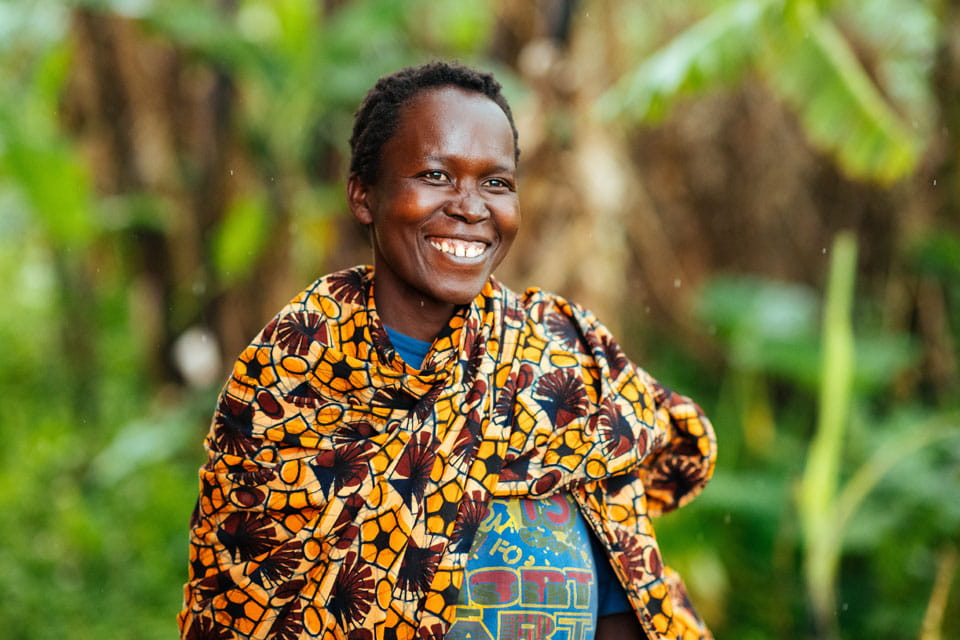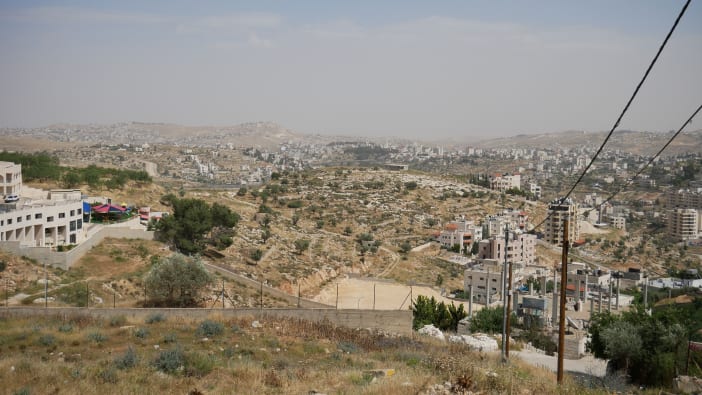What on earth is poverty?
What on earth is poverty? It may sound like an odd question to ask. However, you might be surprised by our answer at Tearfund – it’s been hiding in plain sight in the pages of the Bible...
Written by Tearfund | 04 Jul 2019



Written by
Written by Tearfund
What is poverty? It may sound like an odd question to ask. However, you might be surprised by our answer at Tearfund – it’s been hiding in plain sight in the pages of the Bible...
Imagine for a moment that you need to go to the GP. You have an uncomfortable, painful condition and it’s beginning to trouble you.
Your doctor says, ‘I know exactly what’s wrong’ without examining you or asking any questions. He or she immediately writes you a prescription. You’re not convinced they’ve made a correct diagnosis. As a result, you’re not sure the prescribed medication is going to work.
Asking the right questions
What has this short ‘thought experiment’ got to do with poverty? Simply, if you make a hasty diagnosis about what poverty is, you’re likely to offer a highly imperfect cure or even leave things in a worse state than when you started.
People can be incredibly generous if they think they can help make the world a better place. The question is, how can we do that effectively?
In the past, charities and governments have tried to end poverty around the world and nothing seemed to change – people, nations, stayed poor. So, as you can see, ‘what is poverty?’ is an important question to consider before you try to help set it right…


Violette in Burundi attends a nutrition project run by the Anglican Diocese of Matana.
‘Tearfund’s understanding of poverty goes deep into the pages of scripture. We believe poverty has its roots in broken relationships.
’
Magic money trees
If you asked people for a definition of poverty, I suspect most of them would talk about money – not enough of it, to be more precise.
The World Bank defines people in poverty as those living on less than $1.90 (around £1.50) a day. It’s a useful benchmark, but really, it’s an incomplete picture – so much else needs to be addressed.
Charities and governments have often been accused of simply throwing aid at people in poverty. Cash Assistance makes a huge difference in the lives of individuals and communities, but it can’t solve poverty alone. To address the root problems, we need to go deeper.
Other measures of poverty such as the Multidimensional Poverty Index (MPI) and The Happiness Index look past income alone. They also allow for things like health, education and access to key resources and services. This seems like a much more rounded definition.
However, Tearfund’s understanding of poverty goes further still – deep into the pages of scripture.
We believe poverty has its roots in broken relationships. It’s a broad, biblical understanding, and it helps us think more clearly about a truly biblical response.
In the beginning…
The Bible tells the story of creation – God calls it good as he creates it. Human beings, God and the natural world were all created in harmony with each other.
That harmony was broken by the Fall (Genesis 3) and our turn from God. People usually think of the Fall as creating a broken relationship between humans and God. However, as Genesis describes it, the result of our turn from God has meant multiple broken relationships: between ourselves and God certainly, but also our relationship with ourselves, with our fellow humans and with the whole of creation.
‘At Tearfund, we believe that we’re called to join in with this work as ‘restorers’ until Jesus finally returns.
’
The symptoms
All over the world we see poverty springing from these four types of relationships being broken and dysfunctional. Take, for example, our relationship with God’s creation: it’s easy to see the cost of our treatment of the natural world – overconsumption, famine, flooding and extreme temperatures that destroy crops for the poorest.
Or consider our relationship with ourselves: at Tearfund, we believe everyone has been made in God’s likeness with infinite dignity and worth. When men and women don’t recognise this, they can often feel powerless to rise out of the terrible poverty they face.
Often, when our partner organisations work with people to help them change their lives, they start with a series of Bible studies. Through the passages, they can communicate to the community their true worth and the amazing God-given resources they already have, locally as well as within themselves. That understanding releases people to become incredible change-makers – God has created them and they are good and able.
Part of the solution
The great news is that, through Jesus Christ, God is now at work to restore all of these severed relationships – not just our personal relationships with God, but with ourselves, each other and our natural environment.
As Jesus says: ‘I have come that they may have life, and have it to the full.’ (John 10:10)
At Tearfund, we believe that we’re called to join in with this work – along with Christians everywhere. And we will keep on working as ‘restorers’ until Jesus finally returns and completes this work.
PLEASE PRAY
Dwell, briefly on each of the four types of broken relationship and ask God to show you where you need help and healing:
-
Your relationship with God.
-
Damaged or broken relationships with others.
-
How you view and treat yourself.
-
Your relationship with God’s created world.
Finally, consider that, as a child of God, you have been asked to join in with the work of healing broken relationships. Ask God how he wants to use you in this work.
Share this page
Share this page to spread the word and help support those in need.

Get our email updates
Learn about our work and stay in touch with Tearfund. Hear about our news, activities and appeals by email.
Sign up now - Get our email updates






